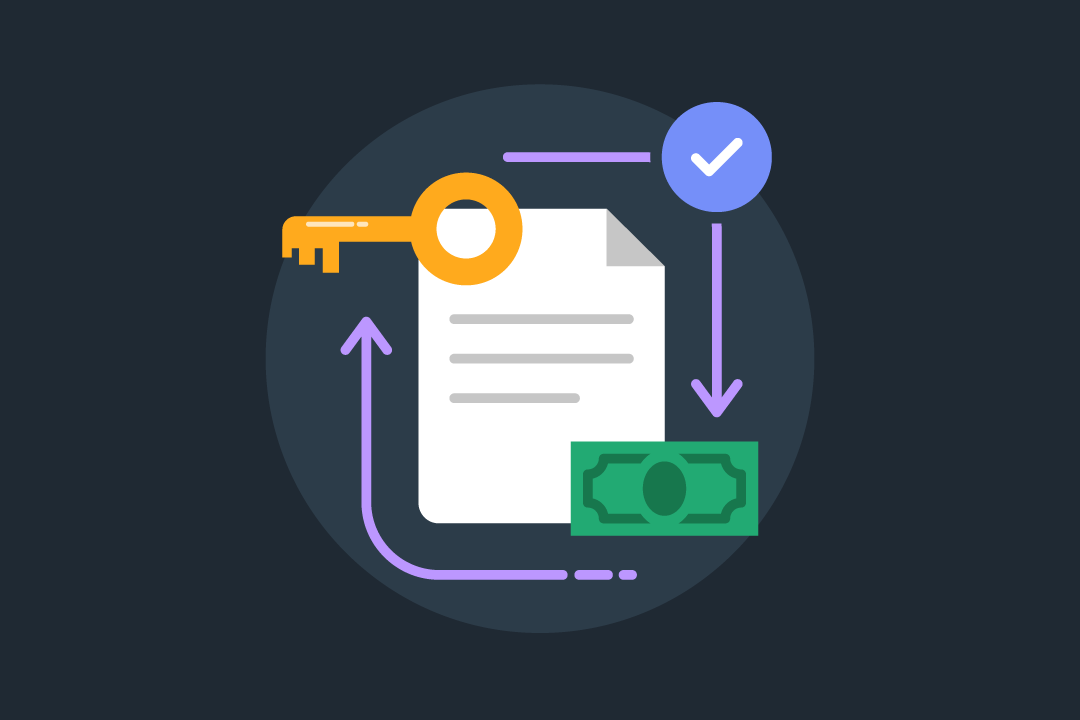Understanding Medicare Enrollment, Part II: Medicare Rules and Accepting Assignment for Non-Participating Enrollment
If you're opting to be a non-participating provider with Medicare, there's a few things ou need to know about

Subscribe
Get the latest news and tips directly in your inbox by subscribing to our monthly newsletter
This is part two of our series on electing Medicare Part B non-par status. In this section, we will explore the Medicare rules that apply to providers enrolled as non-participating (non-par). If you missed part one, you can read up on participation and non-participation status and how to change your status with Medicare.
To review, electing non-par status means:
- Only Part B providers can elect not to participate. Entities like Comprehensive Outpatient Rehabilitation Facilities (CORFs), Outpatient Rehabilitation Facilities (ORFs or Rehabilitation Agencies), Skilled Nursing Facilities, and hospitals must participate.
- Therapists do not universally agree to accept assignment; rather, they can choose to do so on a case-by-case basis. When they do not accept assignment, they are not obligated to adhere to Medicare’s coinsurance determination.
- Therapists receive 95% of the Medicare Physician Fee Schedule allowed amount when accepting assignment.
- Therapists may bill the patient up to 115% of the allowed amount (this is the Medicare Limiting Charge).
- Therapists who do not accept assignment may charge the patient for the treatment cost at the time of service. They are required to bill Medicare for their services, and the patient receives reimbursement for their portion directly from Medicare.
- Non-participating therapists who accept a patient’s assignment are paid 95% of the allowed amount and must agree to Medicare’s coinsurance determination.
Medicare Documentation Requirements for Non-Par Therapists
The Medicare Online Manual rules for Therapy Services apply to both Participating and Non-Participating providers. They expressly apply to all the documentation requirements enumerated in the Medicare Benefit Policy Manual, Chapter 15, sections 220 and 230. Those rules mean that all the following requirements apply to Non-Par providers as they do to Par providers:
- Plan of Care certification and re-certification.
- Progress Notes completed at least every 10 visits, including the Discharge Progress Notes.
- The CMS 8-minute Rule for times CPT codes.
- The 15% reduction for services provided by PTAs and the use of the CQ modifier.
- All the requirements to establish the medical necessity of treatment.
Understanding Accepting Assignment and Its Effect on Payment
Accepting assignments significantly affects non-par payment for services. To better understand this, let's examine a few definitions of “assignment.”
- Assignment: In Medicare Part B, assignment means that a provider (therapist or practice) who treats Medicare beneficiaries agrees to accept the amount Medicare allows as full payment for the service offered. The provider also agrees to bill Medicare for the services rendered to the beneficiary.
- Participation: Therapists, or Practices, are required to accept assignment. Accepting assignment means that the provider accepts Medicare’s allowed amount for healthcare services as full payment. Participating providers are required to submit bills to Medicare for patient services and must accept Medicare’s coinsurance determination.
- Non-par/not accepting assignment: While non-par providers have enrolled in Medicare, they are paid 5% less than Participating providers and are not required to accept Medicare’s Allowed amount for health care services as full payment. Non-par providers can charge up to 15% more than Medicare’s allowed amount for the cost of services, which is known as the limiting charge.
- Some states may restrict the limiting charge for non-par providers. For example, for most services, New York State’s limiting charge is 5% instead of 15%. For more information, contact your State Health Insurance Assistance Program (SHIP) at www.shiphelp.org.
- If you collect payment at the time of service, you must still submit a bill to Medicare. Afterward, the patient receives a Medicare Summary Notice and reimbursement for 80% of the Medicare-allowed amount.
Therapists who elect non-participating status should carefully consider when to accept assignments. In the next part of this series, we will examine how fees are calculated when not accepting assignment. For our present purposes, be aware that the more often you accept assignment, the less you will be paid per visit from Medicare. Remember, when you accept assignment, you are getting paid 5% less than participating providers and cannot balance bill the patient for more than the Medicare-determined coinsurance amount.





